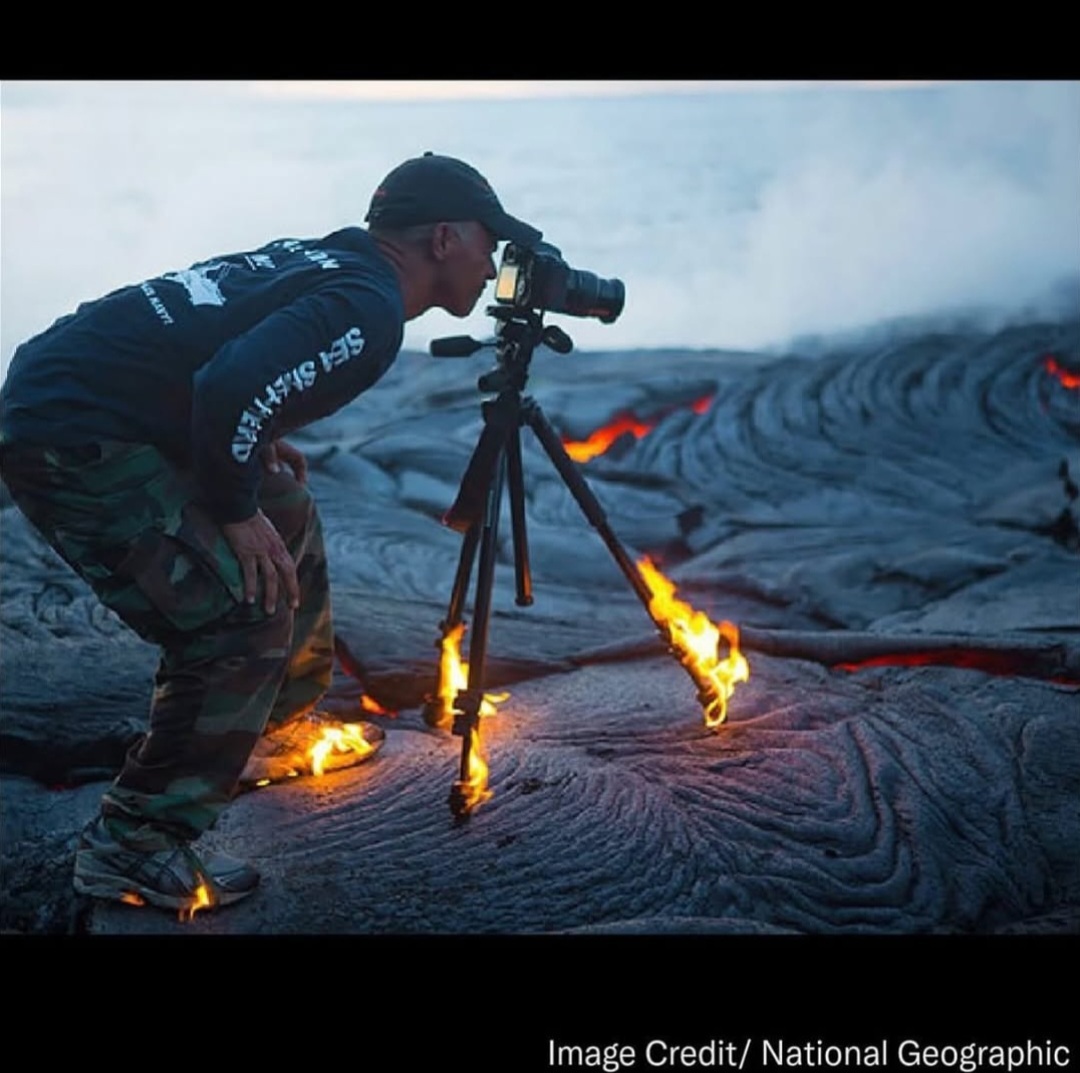this post was submitted on 22 Nov 2025
327 points (97.1% liked)
pics
25468 readers
700 users here now
Rules:
1.. Please mark original photos with [OC] in the title if you're the photographer
2..Pictures containing a politician from any country or planet are prohibited, this is a community voted on rule.
3.. Image must be a photograph, no AI or digital art.
4.. No NSFW/Cosplay/Spam/Trolling images.
5.. Be civil. No racism or bigotry.
Photo of the Week Rule(s):
1.. On Fridays, the most upvoted original, marked [OC], photo posted between Friday and Thursday will be the next week's banner and featured photo.
2.. The weekly photos will be saved for an end of the year run off.
Instance-wide rules always apply. https://mastodon.world/about
founded 2 years ago
MODERATORS
you are viewing a single comment's thread
view the rest of the comments
view the rest of the comments


The headline is unfair; the photo is staged, not fake.
I would say fake is accurate, as the intent is to look like the lava made it combust, which it didn't. The flames are real, but the combustion from the lava is fake.
I think the distinction is that in a fake photo, something you can see in the photo wasn't really there. In a staged photo, the story the photo tells isn't true to life.
Also, the intent was never to deceive, but to take a cool picture
I don't think intent matters here really. People making marvel movies aren't intending to deceive that it's real. That doesn't make it not fake though.
I think if the photographer did intend to deceive then it'd clearly be fake, but saying he didn't doesn't give us insight into if it's fake or not. It isn't part of the definition.
It's an argument of semantics though. Neither are definitely correct. Most people would agree that adding effects in photoshop is "fake" but it still produces an image. Is it still "fake" when you use physical means to manipulate the image, like they used to do before CGI? If so, isn't this fake? If not, what makes digitally manipulation fake? I can argue either direction, so the headline isn't wrong —it just might not be the best choice of words.
Whenever The Verge interviews people from companies that have something to do with photography or image processing, they ask "what is a photograph?". There doesn't seem to be a consensus.
As a photographer, I've thought a fair amount about it. Many of the most famous pre-digital photographers did a lot of adjustment in the darkroom, and all digital photographs involve decisions about how photoreceptor data gets transformed into a viewable image, even if the photographer didn't make them intentionally. Most of the time, most people still consider it photography and "real" with significant editing.
Where it becomes something else in my mind, or "fake" is if the image doesn't reasonably represent light that reached the lens in the moment being depicted. There's a whole lot of wiggle room there of course - photography is art, not math. Adding fire to something that wasn't burning using editing software, however clearly crosses the line into "fake" for me if presented as a photograph, or digital art if it's not.
For me, it depends on the context. Is it trying to portray something that actually happened?
That's why, for me, I'd argue this is fake. Yes, the fire is real, but it's trying to portray that he ignited from the lava. He didn't. It was faked.
It's a real photo representing something that isn't real. Saying the headline that says it's fake is wrong is taking a step too far into certainty. I wouldn't say it's wrong, even if the word choice could better represent the truth. That's my point. I'm not arguing it is fake, but that calling it fake isn't necessarily incorrect.
An argument about the usage and contextual meaning of an aspect of language is very literally a semantic argument.
That's literally what I said...
So you agree that, as with this statement, it can come across as a tad condescending when people narrate the tautologically obvious as a way to make a point in an argument?
I don't know what your point is. Clearly the argument I was making is not tautologically obvious. If it were then the comment above mine wouldn't have existed. They said the headline was wrong. That the picture wasn't fake, it was staged. I made the argument that staged could be argued to be fake. That isn't tautological.
Ah, for clarity: The argument isn't tautological, calling an argument about semantics a semantic argument is. It's also an extremely common way to dismiss someone's claims in an argument as vague or indefinite, which in an argument about a semantic point was a rather odd thing for you to do.
Sometimes semantics are worth talking about.